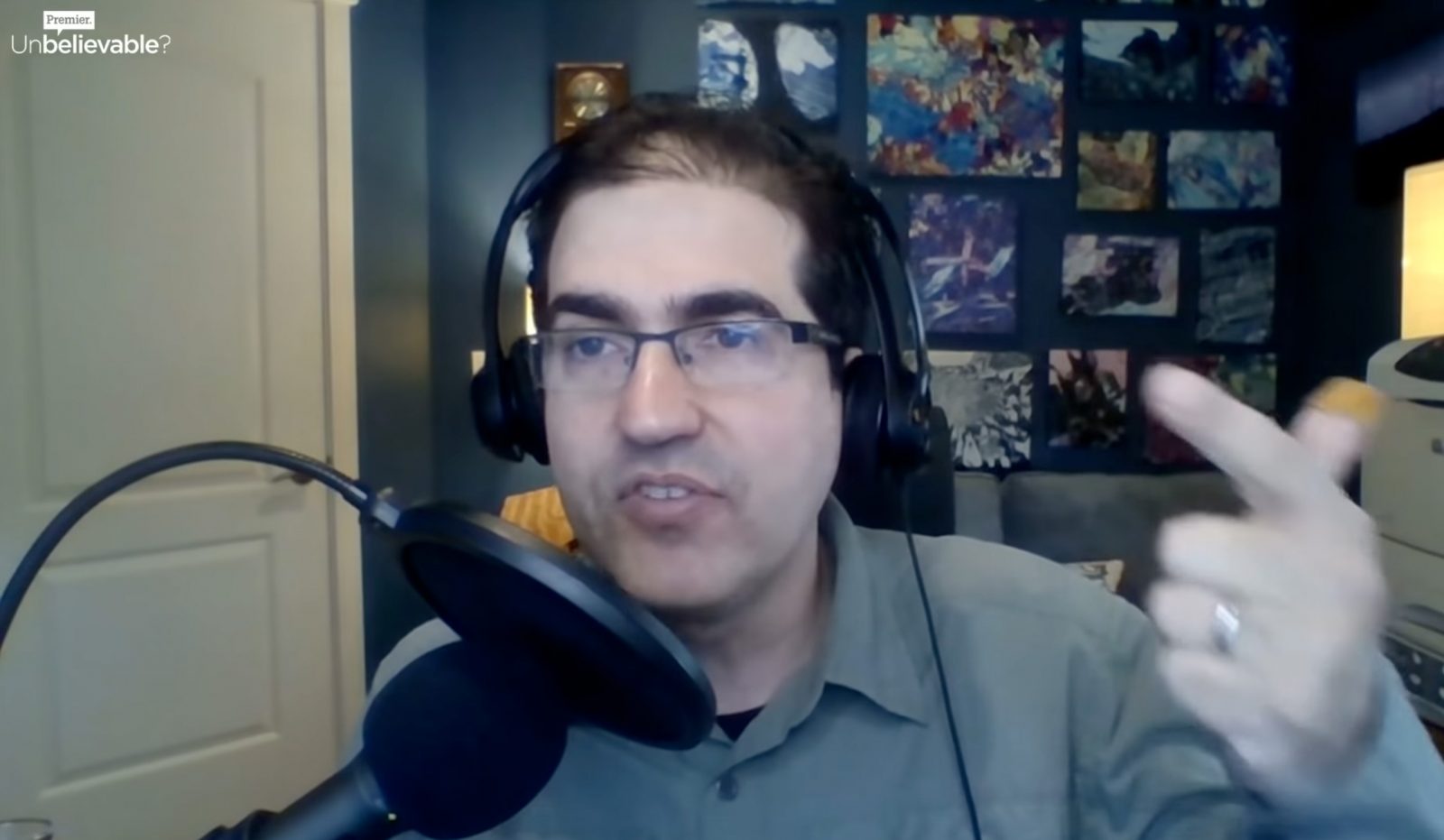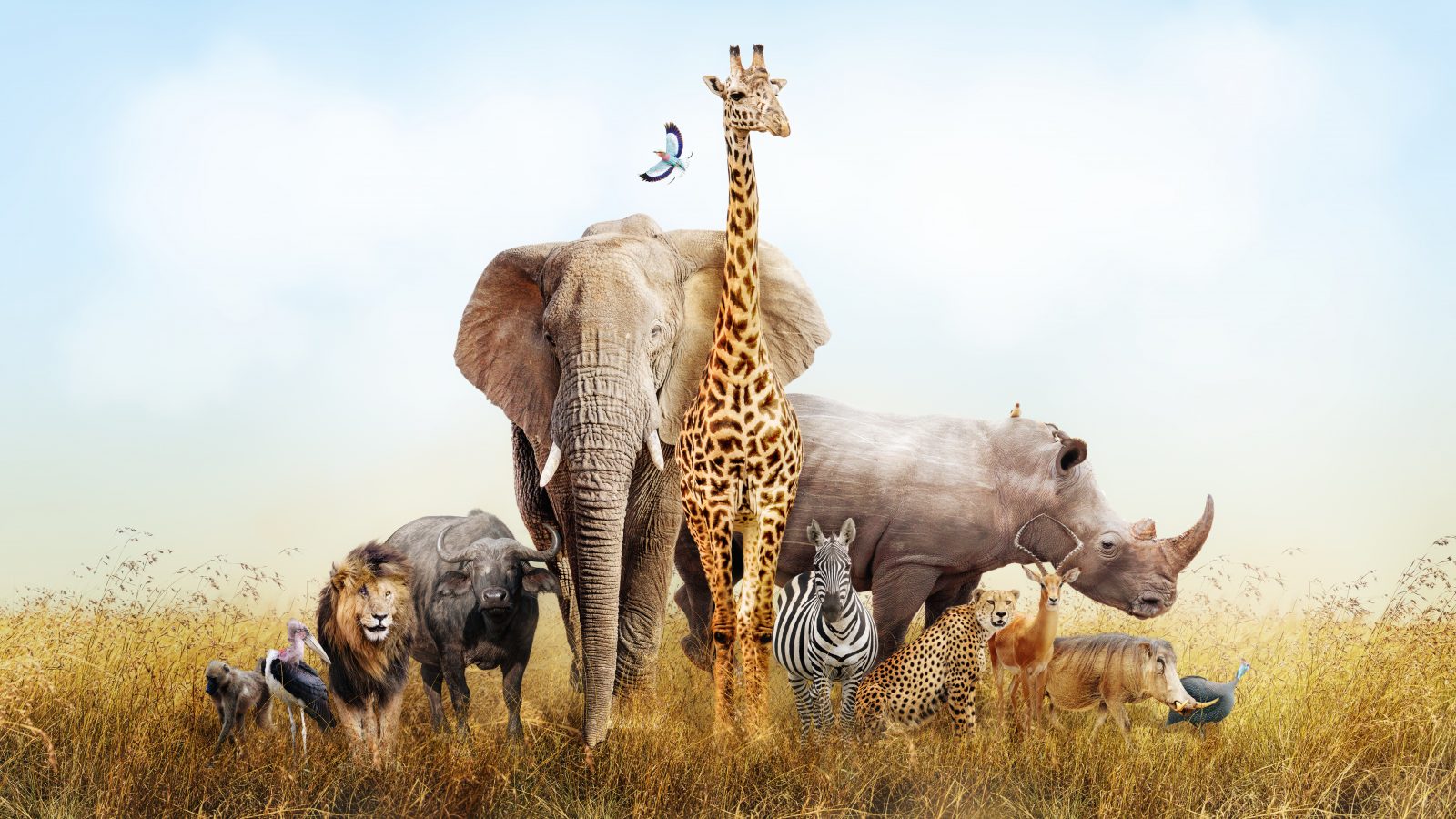


The Simple Life: Abiogenesis Gets Another Reality Check

Is Adaptation Actually a Fight to Stay the Same?

How Faith Can Improve Rigor and Creativity in Scientific Research

Casey Luskin and Adam Shapiro Debate Intelligent Design, Pt. 2
This ID the Future continues the debate between design theorist Casey Luskin, an editor of The Comprehensive Guide to Science and Faith, and science historian Adam Shapiro, co-author of Science and Religion: A Very Short Introduction. Justin Brierley, of the popular British debate program Unbelievable?, hosts. In this second half of the conversation, Shapiro argues that intelligent design’s popularity seems to have waned. Casey Luskin counters, arguing that the number and frequency of New York Times articles on ID is a superficial metric and that the ID research program is exploding, with the number of peer-reviewed ID papers growing every year, and the number of interested graduate students, ID hubs, and conferences expanding around the world, including ID conferences attended by high-level scientists, including Nobel Laureates. Luskin and Shapiro also discuss religious and academic freedom as it relates to the teaching of evolution and intelligent design in the classroom. Shapiro is actually more sanguine than Luskin about the freedom of high school biology teachers to teach intelligent design. Luskin, who has both a PhD in geology and a law degree, strongly advises high school biology teachers in public schools against teaching ID in the classroom. Instead, he says, the better and legally safer approach is to teach evolutionary theory comprehensively, covering both the evidence for it but also some of the evidence in the peer-reviewed literature against it. Luskin and Shapiro also part company on the nature of the intelligent design argument, with Shapiro suggesting that in practice it often amounts to a presenter highlighting some amazing feature in biology and then giving glory to God. Luskin pushes back, reiterating that intelligent design is an argument based on positive evidence, and is an argument to the best explanation–intelligent design–one that employs standard methods of scientific reasoning. This program is presented here with permission of Justin Brierley. To see this and other Unbelievable? episodes, go here. The first half of this conversation can be found here.

Animal Algorithms Webinar Pt. 2: Author Q&A
Today’s ID the Future is Part 2 of a recent live webinar with Eric Cassell fielding questions about his new book, Animal Algorithms: Evolution and the Mysterious Origin of Ingenious Instincts. He and host Casey Luskin explore the engineering wonders of web-spinning spiders and their extraordinary silk, and the challenge of transforming solitary insects into social insects (with their complex and interdependent caste systems) via a blind step-by-step evolutionary process, and the many thousands of genetic changes required. What does Cassell consider the best explanation? He invokes design theorist William Dembski’s work with No Free Lunch theorems to argue that blind processes are a no-go for explaining their origin. From there Luskin opens the webinar up to questions from the live audience. Have researchers tried to locate these algorithms in the DNA of the animals exhibiting complex programmed behaviors? Do any of the insects Cassell discusses use pheromones and, if so, how? What do biologists make of the apparently purposive nature of all these different kinds of complex programmed behaviors? Cassell fields these and other questions and says that more progress would be possible if not for the fact that so many scientists are infected with what he terms teleophobia — an unwillingness to recognize evidence of teleology and purpose in biology. Another question concerns examples of striking convergence among social insects and gifted animal navigators. Cassell argues that although the evolutionary community waves the term “convergent evolution” at such instances, they actually pose a powerful challenge to evolutionary theory.

Michael Behe on Natural Selection’s Inability to Build New Systems
On this episode of ID the Future, biochemist Michael Behe speaks further about his new book Darwin Devolves: The New Science about DNA That Challenges Evolution. Behe explains how evolutionists in the past had freedom to use their imaginations to suppose ways evolution could achieve major innovations, but new research at the molecular level now reveals obstacles previously unimagined. The most productive adaptations in nature tend overwhelmingly to be in one direction, Behe says, degrading or destroying genes, and no series of mutations have ever demonstrated the kind of coordinated effects needed to produce new systems.

I, Charles Darwin, Episode 2: The Fossils and the Tree
Over the next several weeks, ID the Future will be presenting an audio adaptation of Nickell John Romjue’s fascinating book, I, Charles Darwin.
In today’s episode, Darwin explores what we’ve learned about the fossil record since his time on Earth — and it’s not what he expects.
Read More ›
I, Charles Darwin, Episode 1: London and the Galapagos
Over the next several weeks, ID the Future will be presenting an audio adaptation of Nickell John Romjue’s fascinating book, I, Charles Darwin.
What would happen if Charles Darwin were to come back today? What would he think about the science of the twenty-first century, and how might it change his views on evolution? In today’s introductory episode, Darwin finds himself returned from the grave and begins to explore modern London, followed by a return trip to the Galapagos Islands, where he is surprised by what he learns.
Read More ›
Dr. Michael Denton on Predetermined Body Plans and Primal Patterns in Nature
On this episode of ID The Future, medical geneticist Dr. Michael Denton discusses the implications of insect body plans as predetermined types rather than collections of adaptations. Denton questions the ability of a Darwinian process to account for the patterns found in living systems. Denton suggests that, while there are countless variations or “adaptive masks” present in organisms, they all extend from original “primal patterns.” Tune in to hear this fascinating discussion! Dr. Denton is the author of Evolution: A Theory in Crisis and Nature’s Destiny: How the Laws of Biology Reveal Purpose in the Universe.